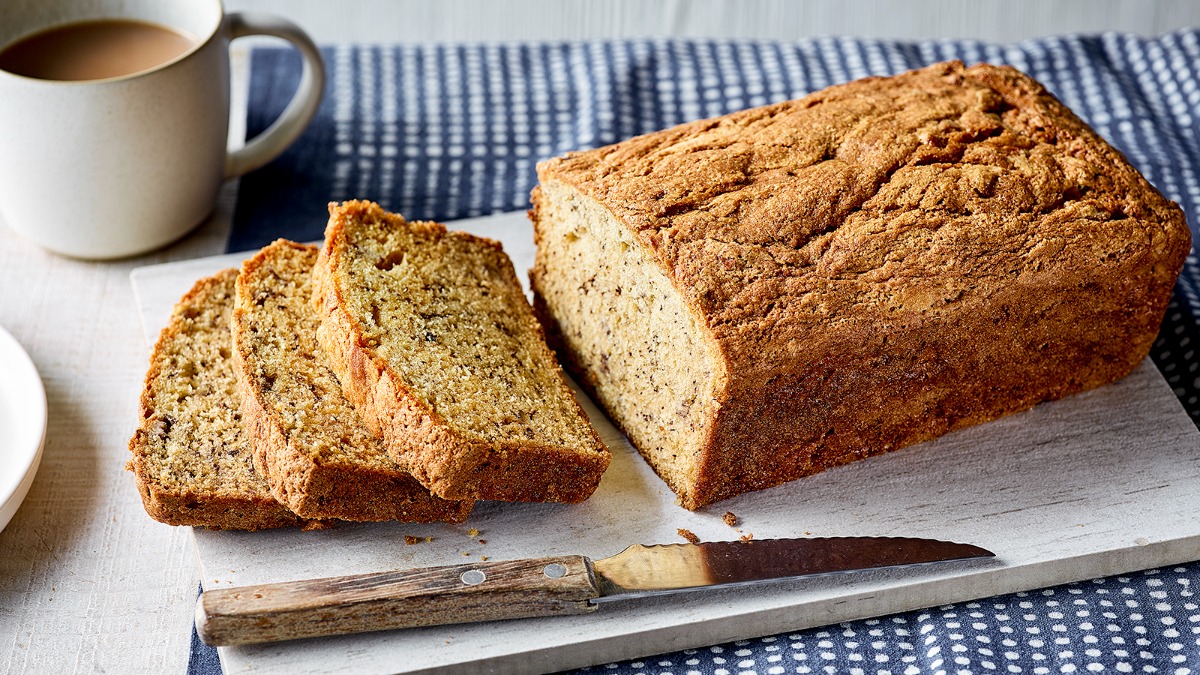Polycystic ovary syndrome (PCOS) is a hormonal disorder that affects many individuals, presenting challenges related to diet and nutrition. As part of managing PCOS, individuals often seek guidance on whether certain foods, such as banana bread, are suitable for their condition. Let’s explore the potential impact of banana bread on PCOS and how it can fit into a balanced diet for those managing this condition.
Banana bread is a popular baked treat made from ripe bananas, flour, eggs, sugar, and other ingredients such as nuts or chocolate chips. While bananas themselves offer various health benefits, including being a good source of potassium, fiber, and vitamins, the nutritional profile of banana bread can vary depending on the recipe and ingredients used.
One of the primary concerns for individuals with PCOS is managing blood sugar levels and insulin resistance. Traditional banana bread recipes often contain added sugars and refined carbohydrates, which can lead to spikes in blood sugar levels and exacerbate insulin resistance. Excess consumption of refined carbohydrates and sugars can contribute to weight gain, hormonal imbalances, and other metabolic complications associated with PCOS.
Moreover, banana bread typically contains flour, which may be refined and lack the fiber and nutrients found in whole grains. Refined flour has a high glycemic index (GI), meaning it can cause rapid increases in blood sugar levels. For individuals with PCOS, focusing on low-GI foods is essential for stabilizing blood sugar levels and reducing the risk of metabolic disturbances.
Despite these concerns, there are ways to make banana bread more PCOS-friendly. By using whole grain flours such as whole wheat or almond flour instead of refined flour, individuals can increase the fiber content and reduce the impact on blood sugar levels. Additionally, using natural sweeteners such as honey, maple syrup, or mashed bananas can help reduce the amount of added sugars in the recipe.
Furthermore, incorporating healthy fats and protein into banana bread can help slow down the absorption of carbohydrates and promote satiety. Adding ingredients like nuts, seeds, or Greek yogurt can enhance the nutritional value of banana bread and make it a more balanced option for individuals with PCOS.
Ultimately, whether banana bread is suitable for individuals with PCOS depends on various factors, including the specific ingredients used, portion size, and individual tolerance. While indulging in banana bread occasionally may be acceptable for some individuals with PCOS, moderation and mindful eating are key principles to keep in mind.
It’s essential for individuals with PCOS to focus on a well-rounded diet that emphasizes whole, nutrient-dense foods such as fruits, vegetables, lean proteins, and healthy fats. Incorporating banana bread into a balanced diet occasionally, while making modifications to improve its nutritional profile, can allow individuals with PCOS to enjoy this beloved treat without compromising their health goals.
As always, consulting with a healthcare provider or registered dietitian can provide personalized guidance and support in making dietary decisions that align with PCOS management goals. By being mindful of ingredients and portion sizes, individuals can enjoy banana bread in moderation as part of a healthy lifestyle while effectively managing their PCOS.


